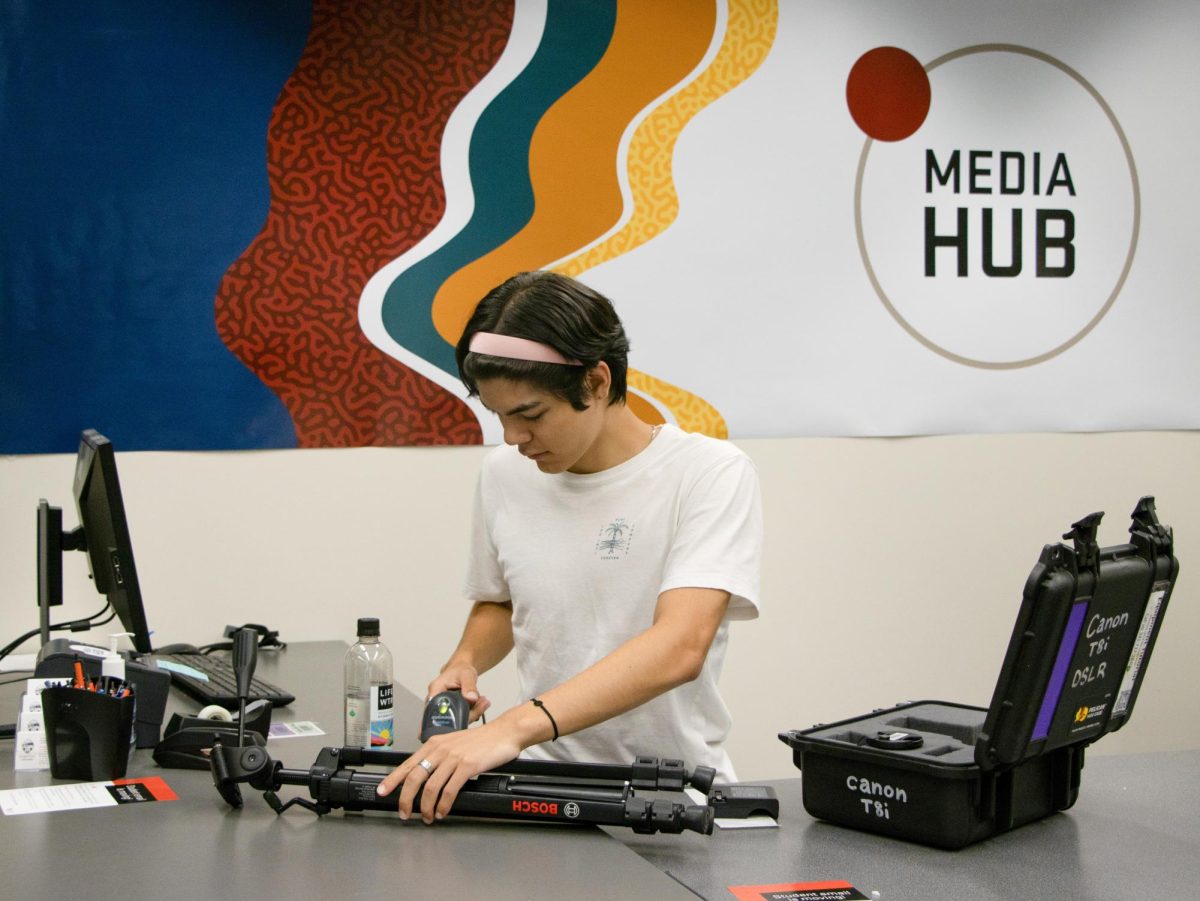Oregon State University recently launched a one-year pilot program intended to extend student working hours from 20 to 24 hours per week.
This program aims to increase student earnings, as well as take into account the academic pursuits of students.
The program, a collaborative stakeholder group, which includes representatives from the Office of Financial Aid, University Human Resources-Student Employment, Associated Students of OSU and other groups, examined historic student work hour data, impact of extended hours and student financial issues, according to an OSU press release.
“24 hours came about as a balance between trying to increase work hours without incurring further costs, above a certain number of hours per pay period student workers become eligible for health insurance and other benefits,” said Matteo Paola, former ASOSU president.
During summer session, working hours will be extended to 40 hours depending on the number of credits enrolled by each student.
According to Paola, if a student is not registered for more than half time (6 credits), they can work up to 40 hours. In addition, if a student is registered for more than 6 credits during summer, they will be working the same maximum hours as during the academic year.
“The ideal working limit should be enough for students to pay rent, food, and have some extra,” said Grace Plaisted, a third-year student at OSU.
International students are allowed to work a maximum total of 20 hours on campus during an academic term. According to OSU, this is an immigration requirement that is not able to be modified. In between terms or during annual vacation terms, hours may be extended to 40 hours per week.
For students with federal work-study funding, there will not be any changes to the amount of funding they receive, OSU said. However, with an increase in maximum allowable working hours, work-study funds may be exhausted faster.
“If you’re working 20 plus hours per week as a student, it’s going to be extremely hard and you might have to sacrifice your grades a little,” said Sydney Moore, a second-year student at OSU.
Moore, majoring in construction engineering management, found sustaining 20 hour shifts unmanageable for the whole term.
“I tried very hard to get a 4.0 GPA, so I invested a lot of time in my schooling freshman year,” Moore said.
“I work at OSU catering as a student,” said Sasha Keown, a third-year student at OSU. “The extension is great. With the hours I work now, I barely make rent, or don’t make it at all. Realistically, I wish there was no time limit and we, as students, could pick how many hours we work each week.”
After July 1, 2024, university leadership will reassess the pilot program to determine if the change to maximum allowable work hours should become permanent.













































































































